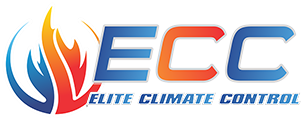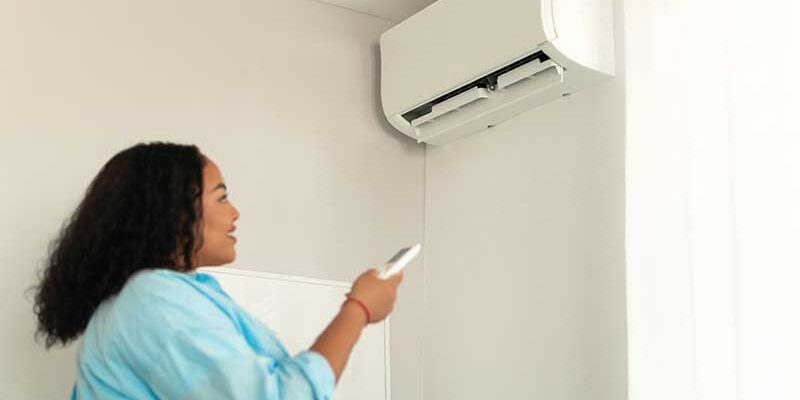The latest breakthroughs in air conditioning technology provide intriguing alternatives for balancing comfort with environmental responsibility and economic sense. These improvements aim not just to keep areas cool, but also to consume less energy and reduce overall environmental effect. This blog digs into the latest energy-efficient air conditioning technologies, such as inverter technology, solar-powered systems, and cutting-edge HVAC design advancements.
Inverter Technology: Revolutionizing Efficiency
Traditional air conditioners work on an all-or-nothing premise, with the compressor switching between full blast and off. This approach, while good at cooling, is not particularly efficient. Enter inverter technology, a game changer for energy conservation. Inverter air conditioners continually regulate the speed of the compressor to maintain the desired temperature without requiring abrupt start-stop cycles. This not only increases energy efficiency, but it also extends the unit’s lifespan by reducing compressor wear and tear.
The true beauty of inverter technology is its capacity to minimize electricity consumption by up to 40% compared to traditional devices. This technology benefits not only your cash, but also the environment, since it reduces the carbon footprint of your everyday comfort.
Solar-powered air conditioning: harnessing the sun
As the world shifts toward sustainable energy, solar-powered air conditioners have gained popularity. These systems power household or commercial air conditioning systems using solar energy, which comes from photovoltaic panels or solar thermal collectors. During peak sunshine hours, when cooling requirements are generally highest, these units take advantage of the sun’s abundant energy, greatly lowering dependency on the electrical grid.
Integrating solar power with air conditioning systems may require a big initial investment, but it can result in significant long-term savings. Furthermore, in many areas, homes can take advantage of government rebates and tax breaks for installing solar energy systems, making green technology more accessible and inexpensive.
Advances in HVAC Design
Modern HVAC systems are not only intended to be more energy efficient, but also to improve indoor air quality and comfort. Variable air volume (VAV) systems, which alter the volume of air delivered to different portions of a building, help to save energy by not cooling unoccupied spaces. Furthermore, modern HVAC systems frequently use innovative filtering methods to limit airborne toxins, resulting in a healthier interior atmosphere.
Another notable breakthrough is the use of smart technologies into HVAC systems. Smart HVAC systems may learn from your preferences and adjust cooling and heating automatically. They may also be controlled remotely via applications, letting you to adjust your home’s temperature from afar while ensuring that energy is only consumed when and where it is required.
The progress of air conditioning systems towards improved energy efficiency is an important step toward sustainability. These technologies assist lessen our environmental impact, whether through the precise control provided by inverter technology, the renewable capabilities of solar-powered devices, or the clever designs of current HVAC systems. Investing in energy-efficient air conditioning not only benefits the environment, but it also saves money and improves indoor comfort. As we continue to innovate, the potential of more efficient and intelligent systems is an exciting proposition.




